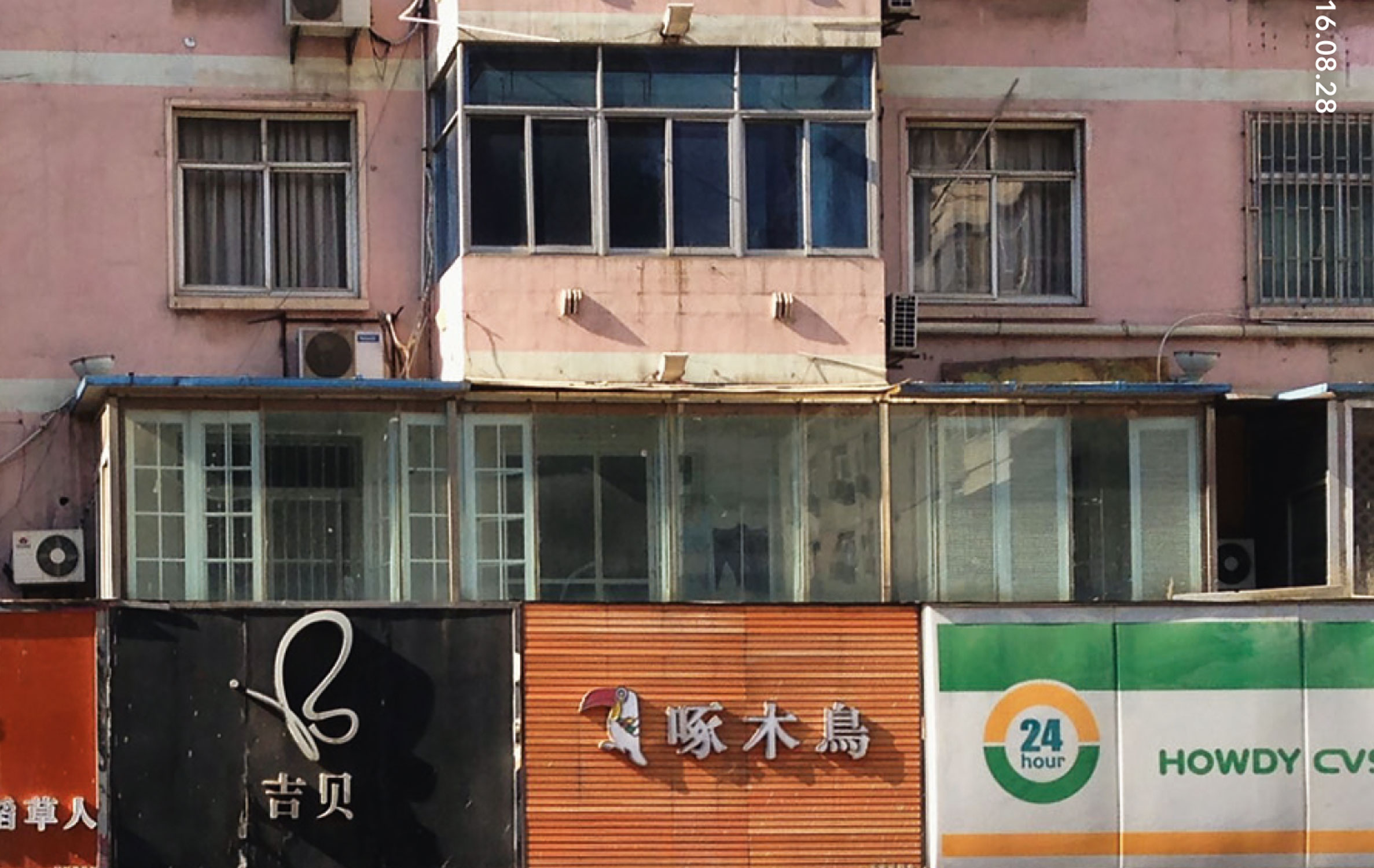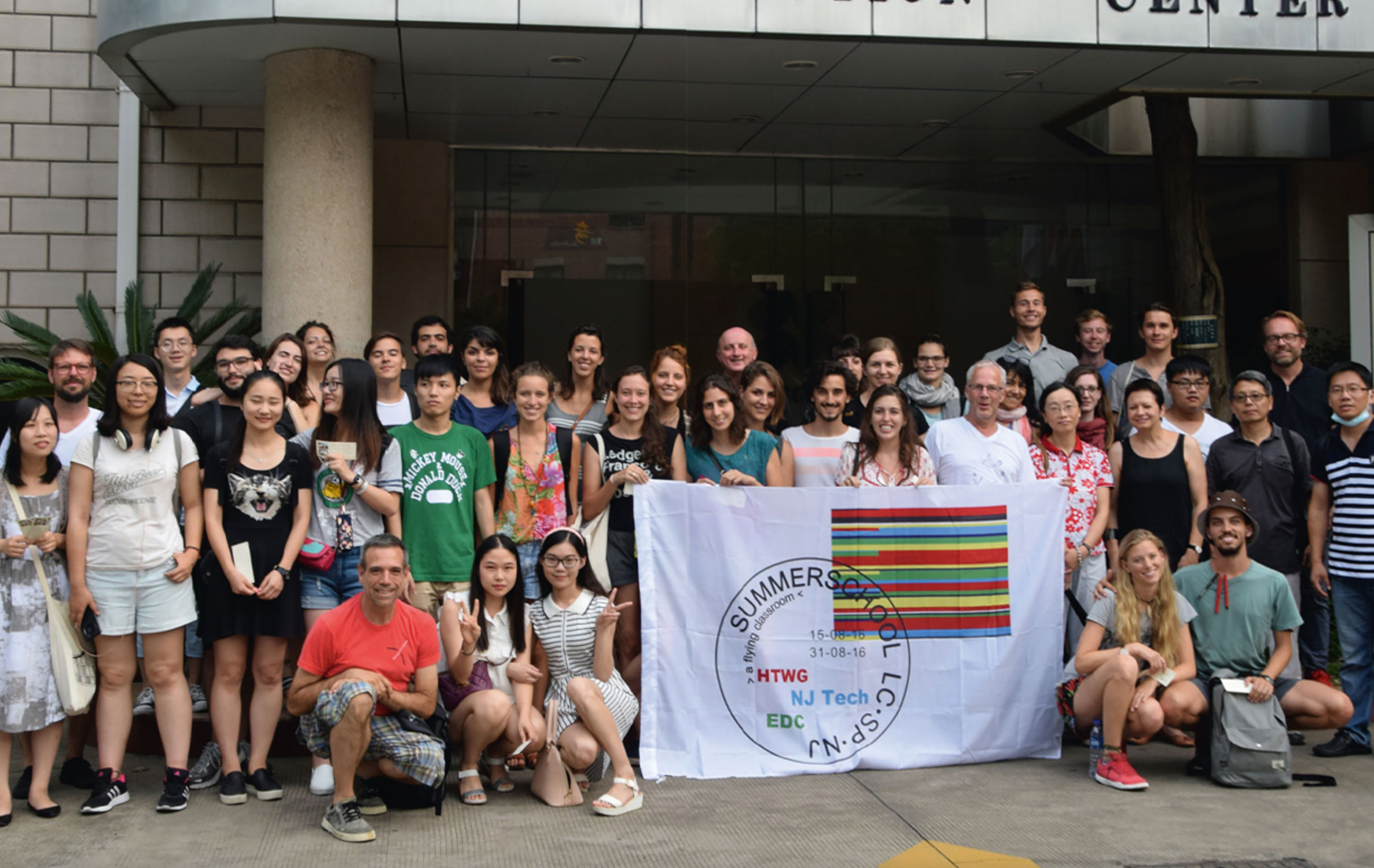Description
As part of a transcontinental exchange program, students explored urban realities in São Paulo (Brazil) and Nanjing (China). Through immersive field studies and intercultural collaboration, the project aimed to uncover alternative approaches to architectural education and spatial transformation in rapidly changing urban environments.
Project Partners
Date

Project Goal
To explore urban realities beyond official planning systems – through direct engagement with local communities – and derive alternative strategies for architecture, urban development and education.
Execution
Local partnerships and exchanges with architects and community organizations in São Paulo and Nanjing Field studies, interviews, mapping and hands-on workshops with residents Development of spatial interventions and conceptual responses through co-creation Reflection through texts, drawings, models, videos and digital media
Challenges
- Complexity of informal urban structures,
- Communicating with diverse community stakeholders
- Working in socially and spatially unfamiliar conditions
- Translating lived experiences into architectural and pedagogical formats
Special Achievments
Building meaningful relationships with local communities (e.g. Paraisópolis, São Paulo and urban districts in Nanjing) Visualizing local knowledge systems and everyday resilience Proposing creative architectural responses to urgent challenges such as limited space, inadequate infrastructure and social fragmentation Integrating insights into teaching practices as a model for future transdisciplinary, participatory education formats
Summary
The true success of the project was a shift in perspective:
Students didn’t just learn about cities – they learned to see cities through the eyes of others, to question themselves and reflect on their role in global contexts.
This project became a living example of transcultural education, radical listening, and sustainable creative responsibility.

